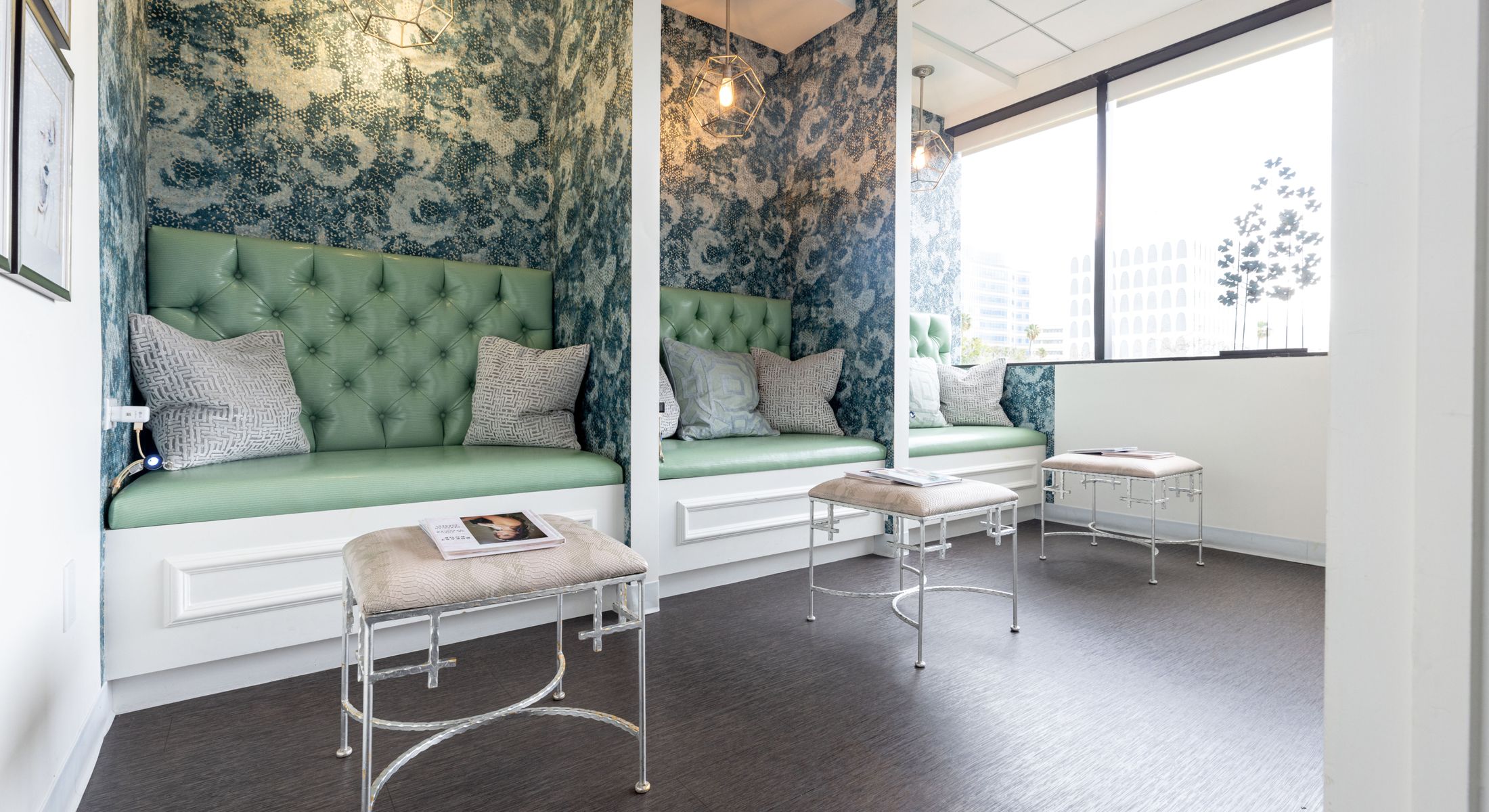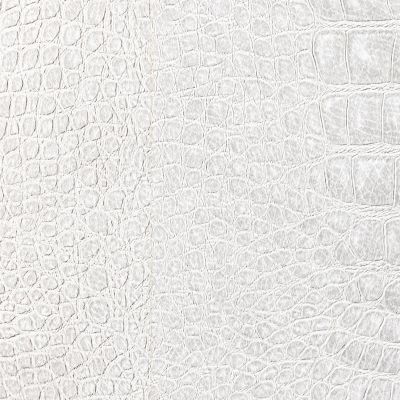Is Labiaplasty Right for You? A Guide to Costs, Benefits, and Realistic Expectations


Capsular contracture can be frustrating, uncomfortable, and sometimes even painful. If you're dealing with complications after breast implant surgery, you need a surgeon who’s experienced with revision procedures and committed to getting it right. That’s exactly what you’ll find at Nazarian Plastic Surgery.
Dr. Nazarian is a board-certified plastic surgeon with a reputation built on results that look natural and feel right for each individual. She’s been featured in Forbes, Harper’s Bazaar, and Netflix’s Skin Decision, but what patients care about most is how seen and heard they feel during their consultation—and how satisfied they are afterward. Whether you’re struggling with pain, hardening, or an implant that no longer looks or feels the way it should, you're in expert hands here.

Capsular contracture happens when the scar capsule that naturally forms around a breast implant becomes too tight, thick, or firm. This condition affects the surrounding tissue capsule, and in more serious cases, it can distort the breast shape or lead to discomfort, breast soreness, and even pain. Capsular contracture occurs in both saline and silicone breast implants, though some studies suggest silicone gel implants may carry a slightly higher risk.
This condition is typically graded from I to IV. Grade I capsular contracture usually feels soft and looks normal. Grade II may feel a little firm. Grade III shows obvious cosmetic symptoms like shape distortion, and Grade IV can cause pain and noticeable hardness. The higher the grade, the more likely that surgical treatment is needed. It’s also more common in revision cases, or when the implant capsule has already been disturbed during a previous surgery.
Most patients with moderate to severe contracture will need surgery to correct the issue. The exact approach depends on your specific situation, but common options include:
Non-surgical methods are occasionally recommended for minor contracture, but once the capsule becomes too firm or painful, surgery is usually the most effective option.
Getting treatment for capsular contracture can make a big difference—not just in how your breasts look, but in how you feel every day. Many patients say they didn’t realize just how much the discomfort or tightness was affecting them until it was gone.
Some of the biggest benefits of capsular contracture treatment include:
In some cases, we can combine capsular contracture correction with other procedures like a breast lift or fat transfer, giving you the chance to enhance your results while recovering just once.
This treatment is ideal for breast implant patients experiencing changes in how their breasts look or feel. You may be a good candidate if you:
Some patients with autoimmune disorders, active infections, or certain health risks may need additional evaluation before proceeding. Dr. Nazarian will help you weigh the benefits and risks based on your medical history and the grade of capsular contracture you’re dealing with.


Your consultation is a chance to get real answers and a plan that fits your goals. Dr. Nazarian will take a close look at your medical history, current symptoms, and any previous implant surgeries. Imaging like MRI may be used to assess the implant capsule and detect issues like implant rupture or silicone gel leakage.
To prepare, you might be asked to:
Depending on your situation, Dr. Nazarian may recommend additional options like implant replacement, a breast lift, or autologous fat transfer. Everything is designed around your needs—not just fixing a problem, but helping you feel like yourself again.
At our practice in Beverly Hills capsular contracture surgery is performed under general anesthesia at our accredited facility. The procedure typically takes 1 to 3 hours, depending on complexity and whether you’re also replacing implants or combining with other treatments.
Dr. Nazarian uses careful surgical techniques to reduce trauma to the surrounding breast tissue and ensure a clean, thorough removal of the problematic capsule. Incisions are placed strategically to limit scarring and preserve the breast’s natural appearance. If a new implant is placed, it’s carefully positioned in the breast pocket—either submuscular (beneath the pectoralis major muscle) or subglandular, based on your anatomy and goals.
Recovery after capsular contracture treatment really depends on the severity of the contracture and whether you’re also replacing implants or having other procedures done at the same time. Most patients should plan to take about 1 to 2 weeks off work and regular activities, with a focus on rest, hydration, and avoiding anything that could put strain on the chest.
Here’s what to expect:
If you’ve had a capsulectomy, implant replacement, or en bloc removal, it’s especially important to follow post-op instructions closely. We’ll also schedule follow-ups to monitor healing and make sure everything’s progressing as it should.


Most patients notice immediate changes in breast softness and shape, even in the first few days. That said, it takes a few months for swelling to fully go down and the breast tissue to relax into its final position. You’ll likely start to see clearer results between 6 to 12 weeks post-op, with your final look settling in around the 3-month mark.
In terms of how long the results last, when the scar capsule is fully removed and a new implant (or no implant) is placed carefully, the risk of capsular contracture coming back is much lower. For many patients, the results are long-lasting, especially when high-quality implants and clean surgical techniques are used.
Once you’ve healed, maintaining your results comes down to a few key things: regular monitoring, healthy habits, and ongoing communication with your provider. We’ll guide you through all of that.
Here’s how to support long-term success:
If you’re staying with breast implants, Dr. Nazarian may talk with you about replacement every 10–15 years, or sooner if any issues arise. If you opted for implant removal or autologous fat transfer, your results can be more permanent with very minimal maintenance required.
If you’re experiencing pain, firmness, or visible changes in your breast implants, it may be time to consider capsular contracture treatment in Beverly Hills. Dr. Nazarian offers skilled, honest care—and a clear path forward.
Call (310) 773-3039 or book your consultation online to take the first step toward feeling comfortable and confident again.

Yes, it’s one of the most frequent complications after breast augmentation. The capsular contracture rate varies but can affect up to 10% of breast implant patients.
Mild cases might stabilize on their own, but moderate to severe grades, like grade three or grade four capsular contracture, usually require surgical treatment.
Massage might help prevent contracture early on, but once the scar capsule thickens, it’s not an effective solution.
Prices typically range from $8,000 to $15,000, depending on how complex the procedure is and whether new implants are placed.
In some cases, yes—especially if the capsular contraction is causing pain or interfering with your health. We can help with documentation if you plan to submit to insurance.

